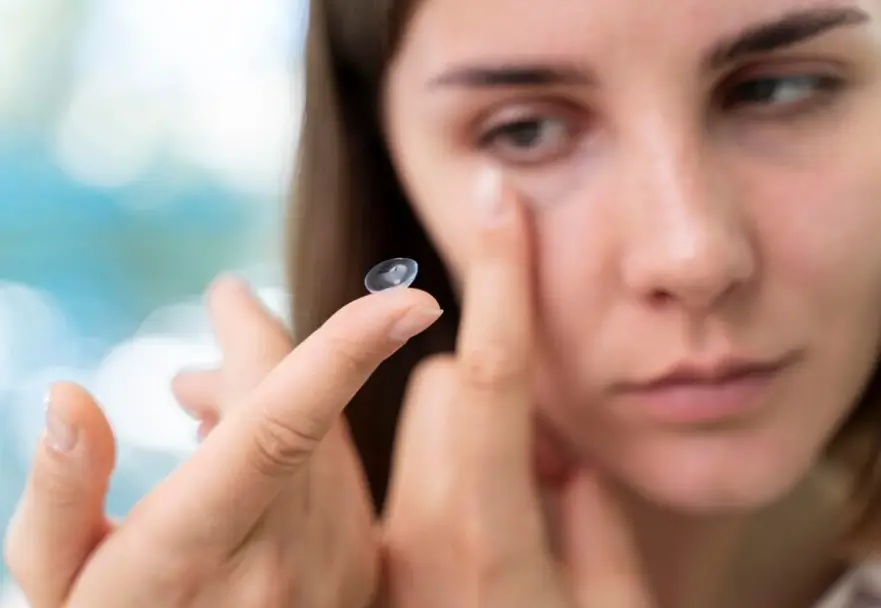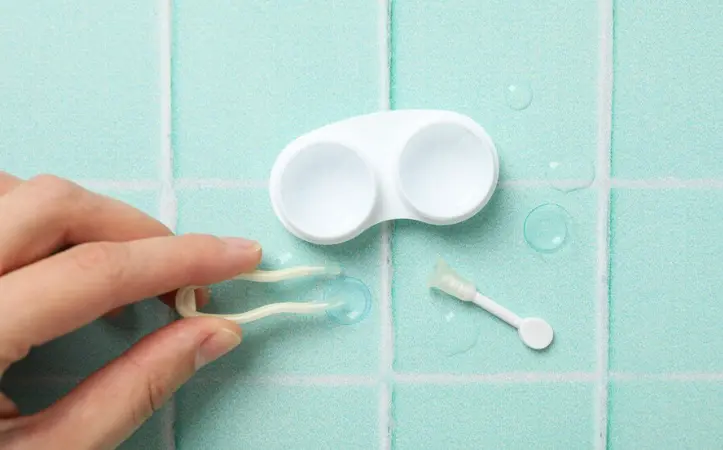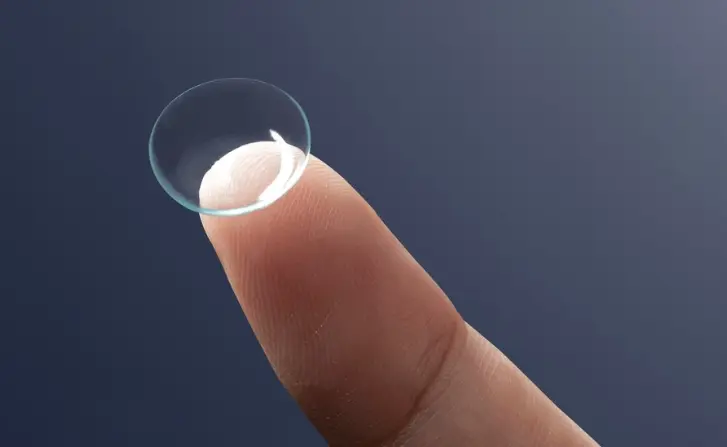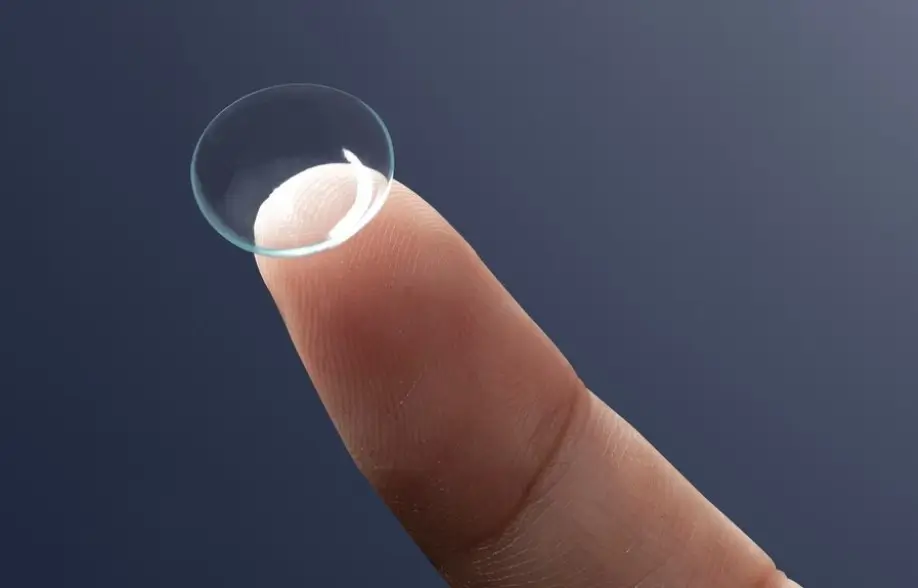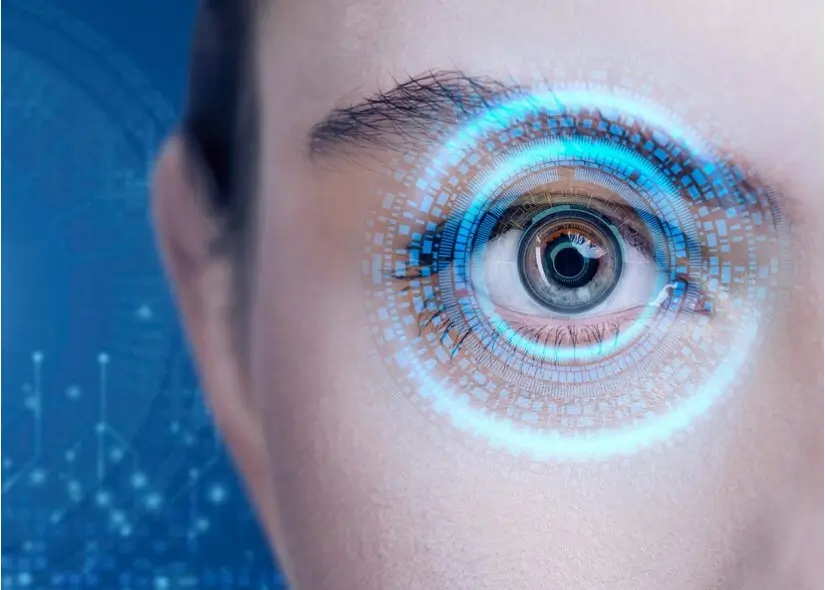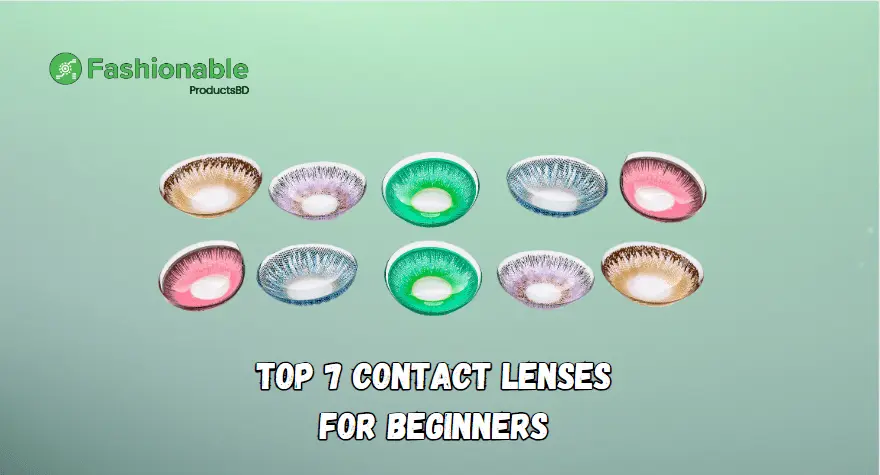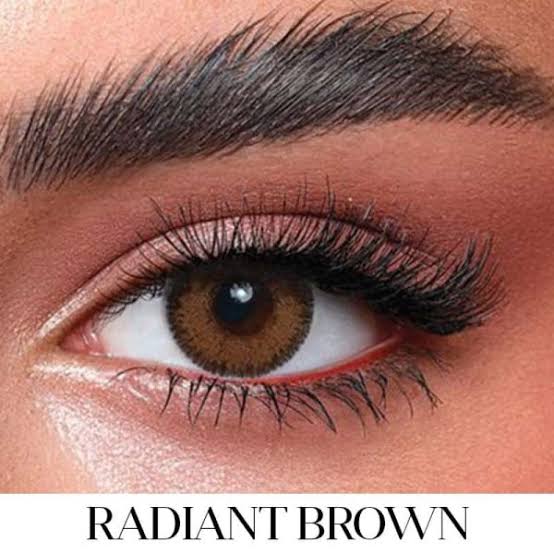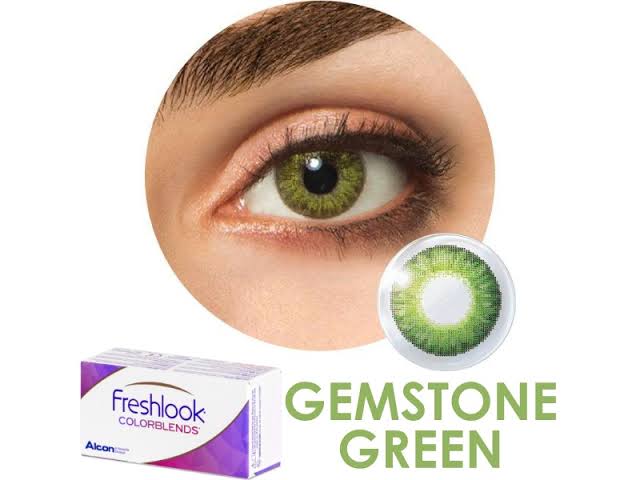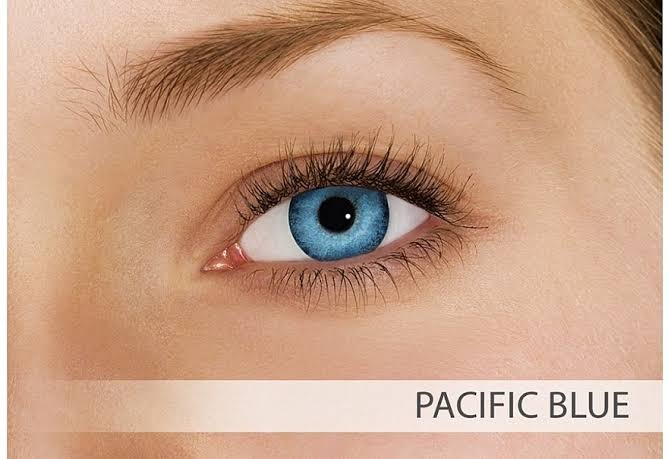Contact lenses are medical devices worn directly on the cornea of the eye. They correct vision, enhance aesthetics, or serve therapeutic purposes.
In today’s fast-paced world, contact lenses offer a convenient alternative to traditional eyeglasses, providing wearers with flexibility and a wider field of unobstructed vision. They come in various types, including daily disposable, long-wear, and color-enhancing options, catering to different lifestyle needs and preferences.
Contact lenses require proper hygiene and care to maintain eye health and optimize their functionality. For those considering making the switch or seeking a new lens provider, it’s essential to consult with an eye care professional to determine the best type and fit for your eyes. As technology advances, contacts have become more comfortable and accessible, allowing individuals to enjoy clear vision with the feeling of barely having anything in their eyes.
Wearing Contact Lenses Daily
Embracing contact lenses as a daily vision correction solution imbues life with newfound clarity and convenience. Diligently practicing lens hygiene is paramount to prevent ocular complications. Always wash and dry hands meticulously before handling lenses, ensuring dirt and germs are kept at bay.
Opt for a recommended solution to clean and store the lenses; tap water, despite seeming benign, harbors microorganisms that can damage both the lenses and the eyes. Furthermore, respecting the prescribed wear schedule avoids undue stress on the eyes, whether using daily disposables or extended wear varieties.
Vigilant adherence to these guidelines ensures that the eyes remain healthy while enjoying the benefits of contact lenses.
Can You Nap In Contacts
Taking a short nap in contact lenses isn’t recommended unless you wear lenses specifically designed for extended wear. Closing your eyes while wearing any other type of contacts can reduce oxygen to your eyes and increase the risk of infection.
Even lenses with high oxygen permeability can pose a threat if the eyelids are closed for extended periods. Eye specialists advise removing lenses before any form of sleep to maintain optimal eye health. Always consult your eye care professional for personalized advice, as they can guide you based on the type of lenses you use and your individual eye condition.
Remember, safeguarding your vision should always be a top priority, so when in doubt, take them out before you doze off.
Contact Lenses Halloween
Delving into the realm of Halloween contact lenses, one discovers a thrilling accessory that can transform any costume from ordinary to absolutely spine-chilling. These special lenses offer a range of electrifying looks, from ghastly ghostly whites to the fiery reds of a demon’s gaze, ensuring an unforgettable impression at any spooktacular gathering.
It’s crucial to remember that even though these lenses are for cosmetic purposes, proper care and handling are imperative to maintain eye health. Always procure them from reputable sources and adhere to the manufacturer’s instructions. With safety as a priority, Halloween enthusiasts can revel in the eerie enhancement that these contact lenses provide to their ghoulish personas.
Contact Lenses Color
Exploring the vibrant world of colored contact lenses can significantly enhance your look, offering a subtle or dramatic change to your eye color. With their ability to blend hues, these lenses are designed to work with your natural eye color, creating results that range from enchanting to otherworldly.
Varying opacity levels ensure that whether you have dark or light-colored eyes, you’ll find an option that delivers your desired impact. Seasoned wearers and newcomers alike can experiment with an array of shades to find the perfect match for an occasion, mood, or just to switch things up a bit.
It’s essential to select lenses from reputable brands and retailers, remembering that eye health should always be a priority when it comes to vision accessories. Before making any decisions, consult with an eye care professional to ensure the lenses fit properly and are suitable for your eyes.
Contact Lenses With Prescription
Selecting the right contact lenses is a crucial decision for those needing vision correction. A wide array of options cater to various prescriptions and eye conditions. For individuals with specific refractive errors, prescription contact lenses can provide both the clarity and convenience needed for daily activities.
Eye care professionals carefully assess vision needs to recommend the most suitable type. Wearers benefit from advanced materials and designs that promote ocular health, comfort, and precise visual acuity. Whether dealing with nearsightedness, farsightedness, or astigmatism, there’s a lens designed to fit almost every eye, ensuring that one’s lifestyle remains as unrestricted and vibrant as it was before needing corrective eyewear.
Frequently Asked Questions Of Contact Lenses
Are Contact Lenses Better For You Than Glasses?
Contact lenses aren’t necessarily better than glasses; the choice depends on lifestyle, comfort, convenience, and eye condition.
What Are The 3 Types Of Contact Lenses?
The three types of contact lenses are soft lenses, rigid gas permeable (RGP) lenses, and hybrid contact lenses.
What Are The Side Effects Of Wearing Contacts?
Wearing contact lenses can cause dry eyes, discomfort, redness, and potential risk of infection.
Who Cannot Wear Contact Lenses?
Individuals with severe allergies, dry eyes, frequent eye infections, or a dusty work environment might not be suitable for wearing contact lenses.
How To Choose Contact Lenses?
Choosing contact lenses involves considering your lifestyle, prescription, and eye health. Your optometrist can help determine the best type tailored to your needs.
Conclusion
As we wrap up this discussion on contact lenses, remember that the right pair can transform your vision. They offer clarity and convenience, fitting into diverse lifestyles seamlessly. Always prioritize eye health by consulting with professionals and opting for quality brands.
Embrace the freedom and clear sight that contact lenses provide, ensuring you make the most informed decision for your eyes.

